Photographs: Daniel Berehulak/Getty Images Vivek Dehejia
Policymakers need to work towards raising the median household income rather than per capita income.
Amid the recent din in debates between the proponents of "growth first" and "social spending first" as the basis for sensible economic policy, one is struck by the fact that both camps see poverty reduction (and the reduction of other social ills) as the principal goal of a good economic policy.
Indeed, broadly across the political spectrum in India and elsewhere, it is agreed that government policy is a necessary tool of poverty reduction - whether this is best accomplished through the "pull-up" effect of the market system or direct intervention to help the poor by the state is, rather, the main bone of contention.
But the necessity of reducing, if not eliminating altogether, poverty, is universally acknowledged as a central goal.
Yet, when one considers income (or wealth) inequality, the debate takes on a sharper character.
For the political Left, inequality is ipso facto problematic, and the government is obliged to create some package of redistributive taxes and spending programmes to ameliorate it.
…
How India can reduce poverty drastically
Photographs: Reuters
For the Right, however, there is nothing intrinsically immoral about inequalities in income and wealth, even large ones, and no compelling reason for the government to step in and reduce them, so long as there is fundamental equality of opportunity within society.
People should be allowed the just rewards of the fruits of their endowments, whether these were acquired through skill and hard work or luck and circumstance, the argument runs.
Some on the Right go further and praise inequality per se as a source of economic good.
A more unequal society, so the argument goes, creates incentives for those at the lower end of the distribution to work harder, be thrifty, entrepreneurial, and so forth, to try to catch up to the rich.
In a perfectly egalitarian society, as the old Soviet Union was in theory (but not in practice), there would be no incentive for anyone to do anything much - if one were to strive for success, one would quickly be cut down to size by the socialist state, so why bother?
…
How India can reduce poverty drastically
Photographs: Reuters
Responses from the Left generally take the form of arguing that in practice, if not in theory, the incentive effects of inequality are difficult to find in data.
Extreme inequality, further, can breed resentment and animosity - even if those who are rich got so through legitimate means - and this may be a recipe for social disaster.
Many observers point to pervasive inequalities of wealth, income, and access to opportunities that characterised North African and West Asian economies before the outbreak of the "Arab spring".
These were not poor societies: but they were monstrously unequal, and the smouldering resentment by those who legitimately felt excluded from basic economic and social opportunities burst into a conflagration.
Finally, one may make a philosophical argument against inequality that draws on the Anglo-American classical liberal tradition, which gives rise to the Benthamite "utility maximisation" principle or the famous "maximin" doctrine coming out of John Rawls' A Theory of Justice (1971) that posits as a principle of fairness that society should maximise the well-being of its least well-off member.
…
How India can reduce poverty drastically
Photographs: Reuters
Following Rawls and the social contract tradition from which he descends, imagine that everyone in the "original position" is behind a "veil of ignorance" and cannot know what position in society he or she will occupy.
All that is known is the distribution of outcomes, but not the specific outcome that any one individual will enjoy once the veil of uncertainty is lifted. What objective would one wish to pursue in this hypothetical world?
As Rawls himself argued, in such a world, if individuals are risk-neutral, self-interested maximisers, as standard economic theory assumes, they will pick as a criterion the maximisation of the expected or mean value of outcomes.
Thus, if the outcome is gross domestic product (GDP), for instance, a risk-neutral social planner will want to maximise average, or per capita, GDP, which again accords with economic conventional wisdom. Note that in this world, inequality of income is irrelevant: all that matters is the average.
…
How India can reduce poverty drastically
Photographs: Reuters
Suppose instead that individuals behind the Rawlsian veil of ignorance are risk-averse: that is, they would prefer $50 for sure rather than a coin toss that gives them either $100 or nothing (which is equivalent in expected value terms). In this modified Rawlsian world, what objective would the society wish to pursue?
Taking a cue from a suggestive passage by Joseph Stiglitz, Marcel Voia and I have argued (Journal of Globalization and Development, Vol 3, no. 1, 2012) that maximising not the average, but the median level of income (wealth, or other outcome of interest), would be a sensible objective.
In a highly stratified and unequal society, a few wealthy individuals may pull the average level of income or wealth up, but they will have little if any effect on the well-being of the person at the exact mid-point of the distribution.
As Voia and I show by analysing the data, this suggests that risk-averse, would-be migrants will prefer, other things equal, Canada over the US.
While per capita income is higher in the US, the median household is actually better off in Canada, which is a less unequal society.
The author is an economics professor at Carleton University in Ottawa, Canada, and is co-author of Indianomix: Making Sense of Modern India (Random House India, 2012). Marginalia makes research from the academic world accessible to all our readers

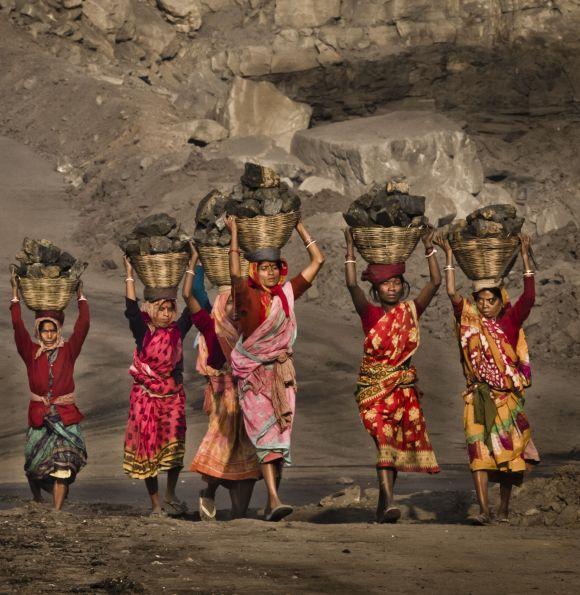
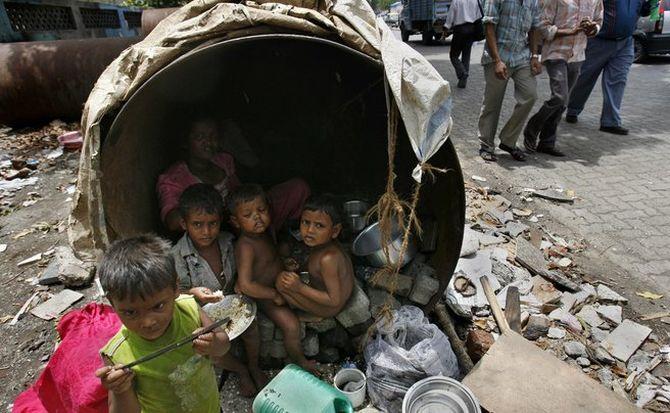
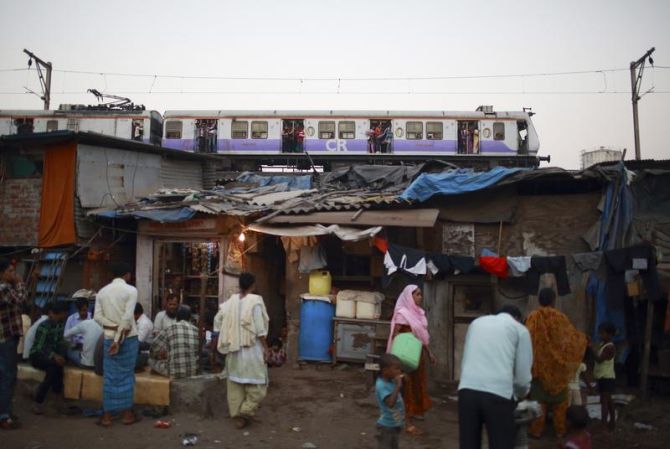
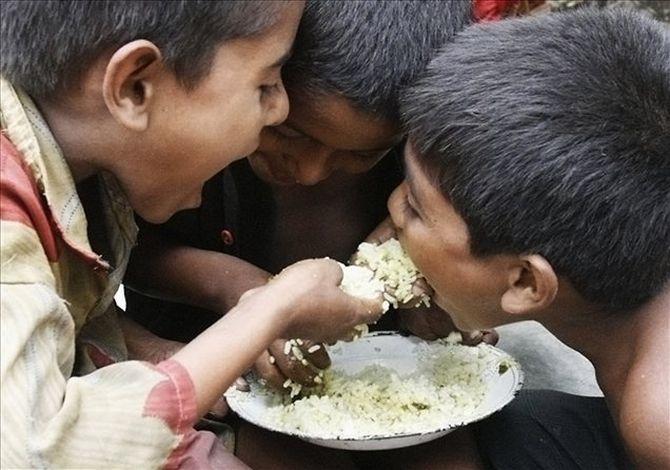
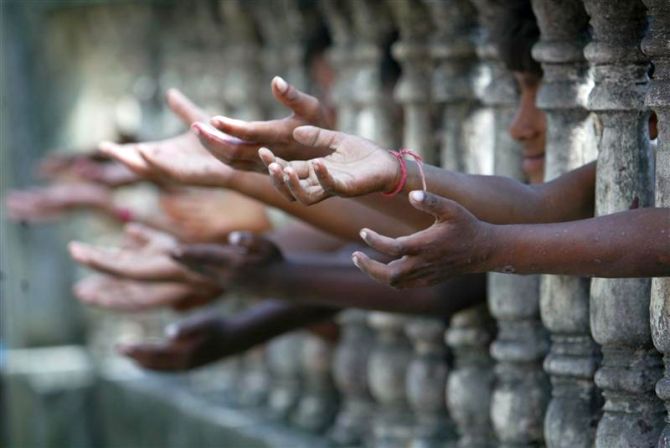

article